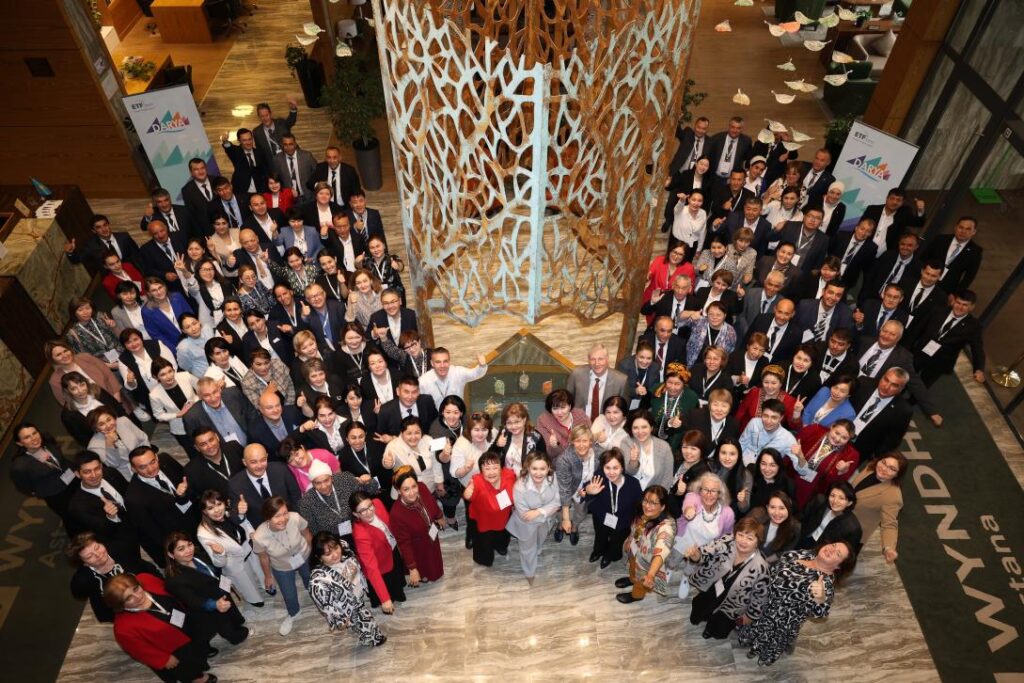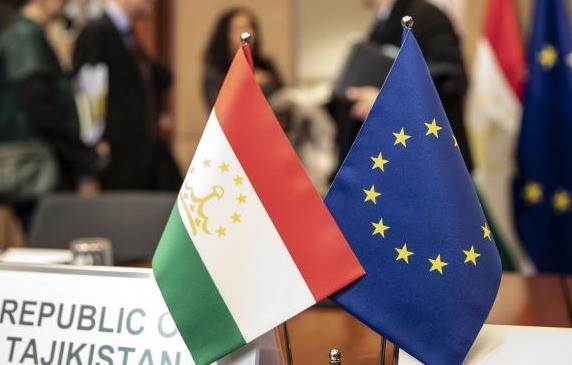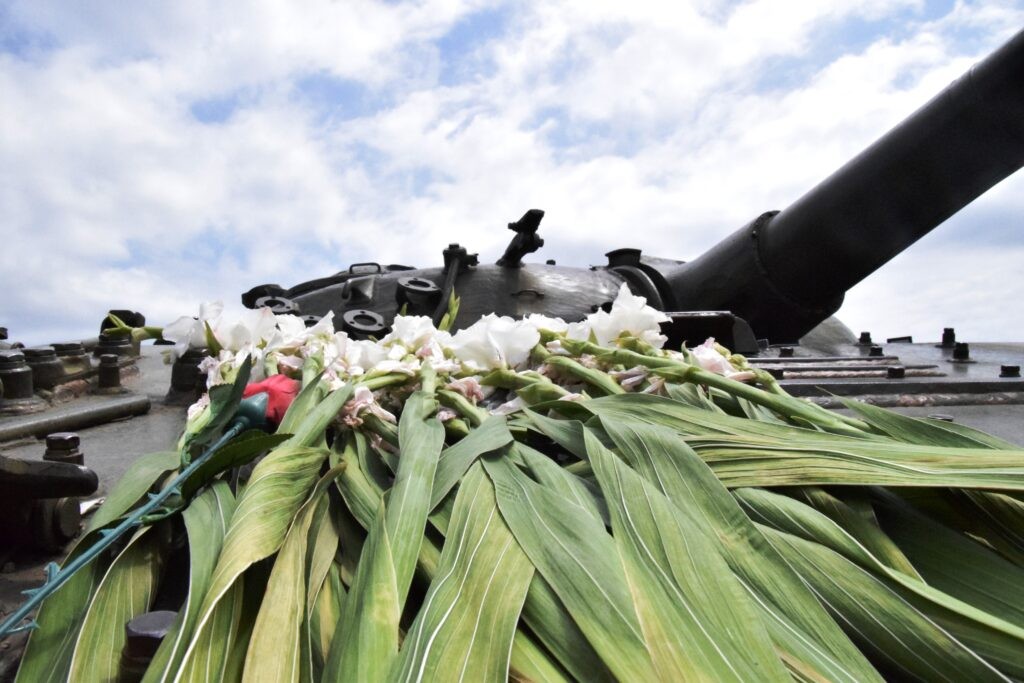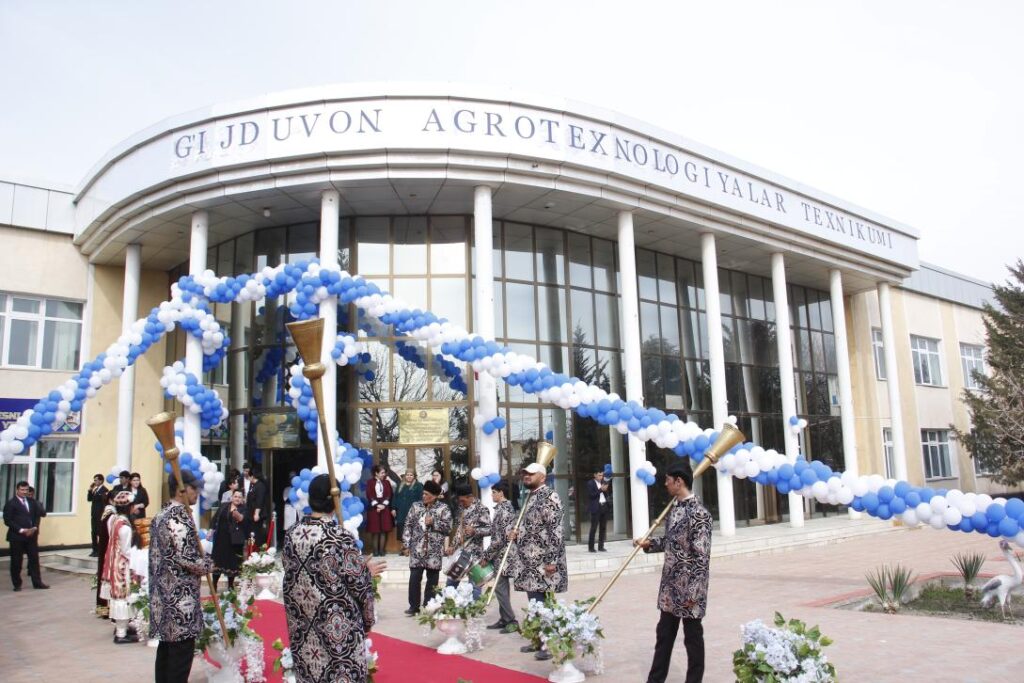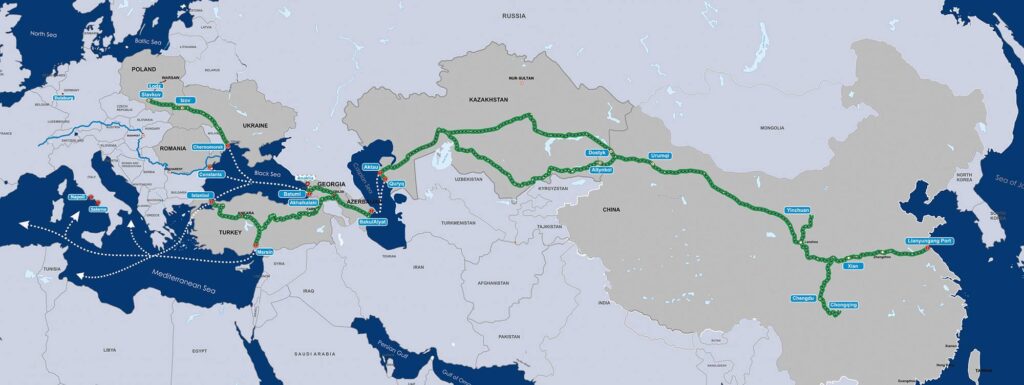EU Project SCAFFOLD Set to Empower Central Asian Educators
Over 250 educators from five Central Asian countries are currently participating in training events organized by the European Union in Astana, Kazakhstan. Running from 15 – 19 April, the event organized by the European Training Foundation (ETF) in partnership with the Delegation of the European Union to Kazakhstan, and the Ministry of Education of Kazakhstan, focuses on SCAFFOLD, an EU-developed tool that assists educators in creating effective learning activities. The innovative tool comprises a deck of 102 cards, available in all Central Asian languages, aimed to enable educators to design and implement learning activities from planning to assessment. The initiative is part of DARYA (Dialogue and Action for Resourceful Youth in Central Asia), the EU's flagship regional project to support education, youth employment, and inclusive skills development in Kazakhstan, Kyrgyzstan, Tajikistan, Turkmenistan, and Uzbekistan. Opening the week’s events, Ms Arai Urazova, Vice-Minister of Education of Kazakhstan, stated: “We would like our young people to have competences for life and the labour market. DARYA and SCAFFOLD can support this. Let us create a better future for our young people and our educational community. We are confident that our joint work and dialogue will lead to concrete action plans and measures that will help make our education system more effective, accessible, and adapted to the needs of our time.” In his welcome speech, Mr Kestutis Jankauskas, EU Ambassador to Kazakhstan, stated that the “DARYA programme is the European Union's investment in the human capital of Central Asian countries and the future of their young generation. From now on, educators of VET schools in Central Asian countries will have access to the newest and most modern teaching methods, such as SCAFFOLD. Dynamically developing relations between the European Union and Central Asia and potential investment projects will require qualified workforce. In turn, these investments will contribute to mutual prosperity and economic development.”


